Eliot Wigginton, an English teacher at the Rabun Gap-Nacoochee School in Georgia wanted to show his students a practical need for good English skills. They chose to produce a magazine and called it "Foxfire," which is the name of a glowing fungus found on rotting wood in this area.
The students decided to interview their elders, documenting traditions and what had changed over the course of their lifetimes. the way of life in the area, and how things had changed over the course of their lives. They used these interviews to write articles, even learning to take photographs. Many interviews were recorded on tape and still survive today.
The magazine was first published in 1967 and included folklore, how-to information, first-person stories, and oral history.
By 1972, so many people wanted back issues of the magazine that an anthology was published. Now there are 12 books in the Foxfire series. These books are fascinating to read and are great for home schooling, classrooms, people who love history, or who are thinking of living off the land. They make a nice gift, too!
Even after 40 years, students are still producing the Foxfire Magazine twice a year. - continuing to interview their elders and writing interesting articles.


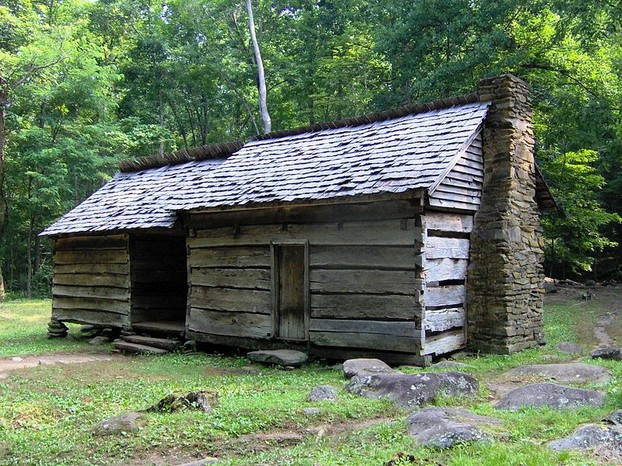
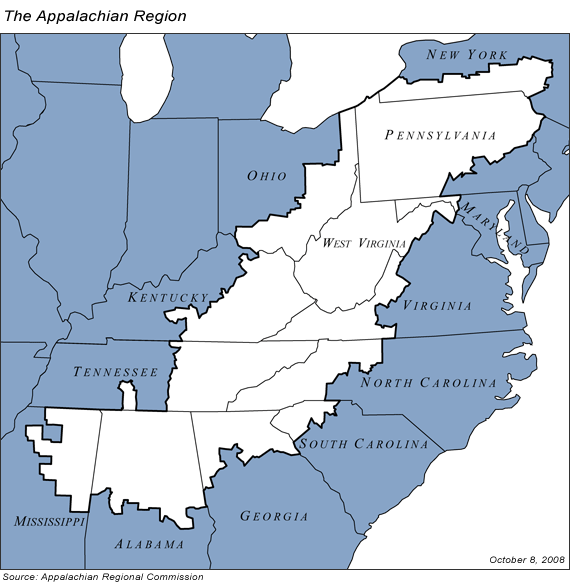






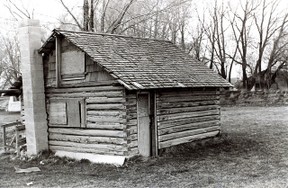 About the Foxfire Magazine
About the Foxfire Magazine



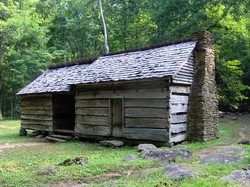

 I Loved to Read in Grade School (in the 1960s)on 09/29/2018
I Loved to Read in Grade School (in the 1960s)on 09/29/2018
 Halloween Memories from the 1960son 09/17/2018
Halloween Memories from the 1960son 09/17/2018
 What on Earth is Earthing?on 06/03/2015
What on Earth is Earthing?on 06/03/2015
 Worm Manure (Castings) Is The Best Organic Fertilizeron 05/25/2015
Worm Manure (Castings) Is The Best Organic Fertilizeron 05/25/2015

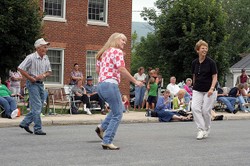
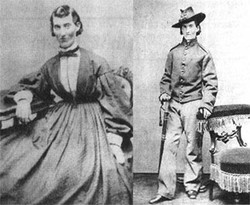
Comments
DerdriuMarriner - I applaud people who come up with projects like Foxfire. It was an excellent project for the students, the elders who were interviewed, and for the general public. Personal stories need to be recorded, not lost forever.
burntchestnut, The success of Foxfire shows what everyday people are able to accomplish, beginning on a small scale. The impressive effects of this endeavor are far-reaching (including inspiring me by example). And the news gets even better: there's no end in sight. Bravo for spotlighting this wonderful example of the power of the people, especially in Appalachia, a place which is dear to my heart.
This is a nice piece of history and good to have the museum.
No, the school project is called Foxfire and the Mozilla browser is called Firefox. I had to be careful to type "Foxfire" all through the article because the name "Firefox" is so familiar.
I was wondering if there is a connection of this Firefox project with Mozilla Firefox browser. Admire the effort to keep the Appalachian history and culture afloat.